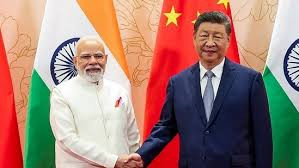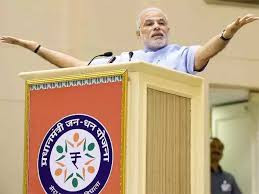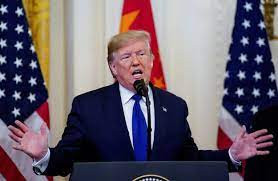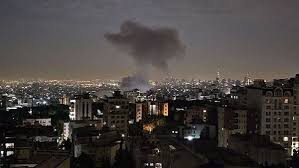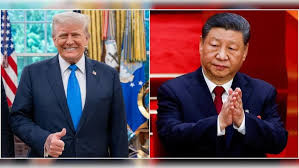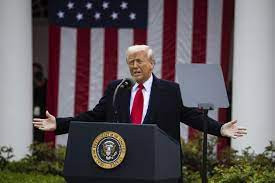In the Grip of Drugs: India's Wake-Up Call to Battle the Menace
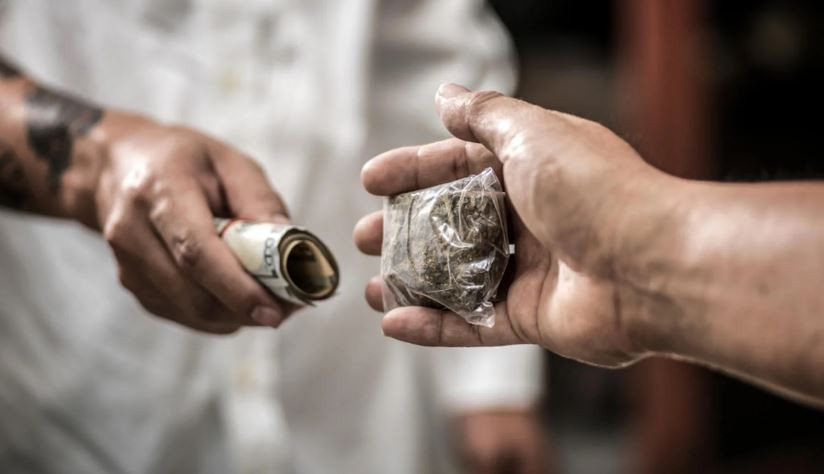
The recent drug haul incidents within Indian borders have sent shockwaves across the nation, shedding light on the escalating drug menace within the country. These significant seizures of illicit drugs serve as a wake-up call, demanding urgent action from the Indian government to address the multifaceted challenges posed by drug trafficking, addiction, and their far-reaching consequences. This article examines the significance of drug hauls as a wake-up call for the Indian government and explores the necessary steps to effectively combat this growing menace.
The scale and magnitude of drug hauls in India in recent times have been alarming. Authorities and law enforcement agencies have successfully intercepted substantial quantities of narcotics, such as heroin, cocaine, cannabis, and synthetic drugs. These seizures expose the depth of the drug trade within the country and highlight the pervasive networks of traffickers and criminal syndicates involved. The ramifications of drug trafficking are felt in various facets of society, including increased addiction rates, rising crime, strained healthcare systems, and social instability.
India faces numerous challenges in its fight against the drug menace:
India's vast borders, porous regions, and proximity to major drug-producing countries make it vulnerable to drug trafficking. The difficult terrain and extensive coastline pose challenges for effective border control and surveillance.
The country's large population, along with a growing youth demographic, contributes to a significant demand for drugs. Simultaneously, the availability of precursor chemicals and smuggling routes facilitate the supply of illicit substances.
The drug trade in India is intertwined with organized criminal networks that exploit vulnerabilities in law enforcement, corruption, and weak legal frameworks. These networks operate across state boundaries, making coordinated efforts necessary to dismantle them.
To effectively combat the growing drug menace, the Indian government must take decisive actions.
The government should enhance the capabilities of law enforcement agencies by providing advanced training, technology, and intelligence-sharing mechanisms. Increased coordination between central and state agencies is crucial to disrupt drug trafficking networks and identify high-level kingpins.
Robust border control measures, including the deployment of modern surveillance technologies, can help curb the inflow of drugs into the country. Strengthening cooperation with neighboring countries to prevent cross-border smuggling is imperative.
The government should prioritize drug prevention programs and public awareness campaigns to educate citizens, particularly the youth, about the dangers of drug abuse. These initiatives should emphasize the promotion of healthy lifestyles, the establishment of counseling services, and the provision of support networks for vulnerable populations.
Ensuring access to quality rehabilitation and treatment facilities is crucial in addressing addiction and providing support for affected individuals. The government should invest in rehab centers, detoxification programs, and aftercare services to facilitate successful recovery and reintegration.
Strengthening international partnerships and collaborations is vital to combat transnational drug networks. India should actively engage with neighboring countries, international organizations, and law enforcement agencies to exchange information, intelligence, and best practices.
The drug haul incidents within India serve as a wake-up call for the government, demanding urgent and comprehensive action to address the growing drug menace. By strengthening law enforcement efforts, improving border control, promoting awareness and prevention, facilitating rehabilitation and treatment, and fostering international cooperation, the Indian government can effectively tackle the multifaceted challenges posed by drug trafficking and addiction. The time has come for concerted efforts to create a safer and drug-free India, safeguarding the well-being and future of its citizens.
You might also like!


